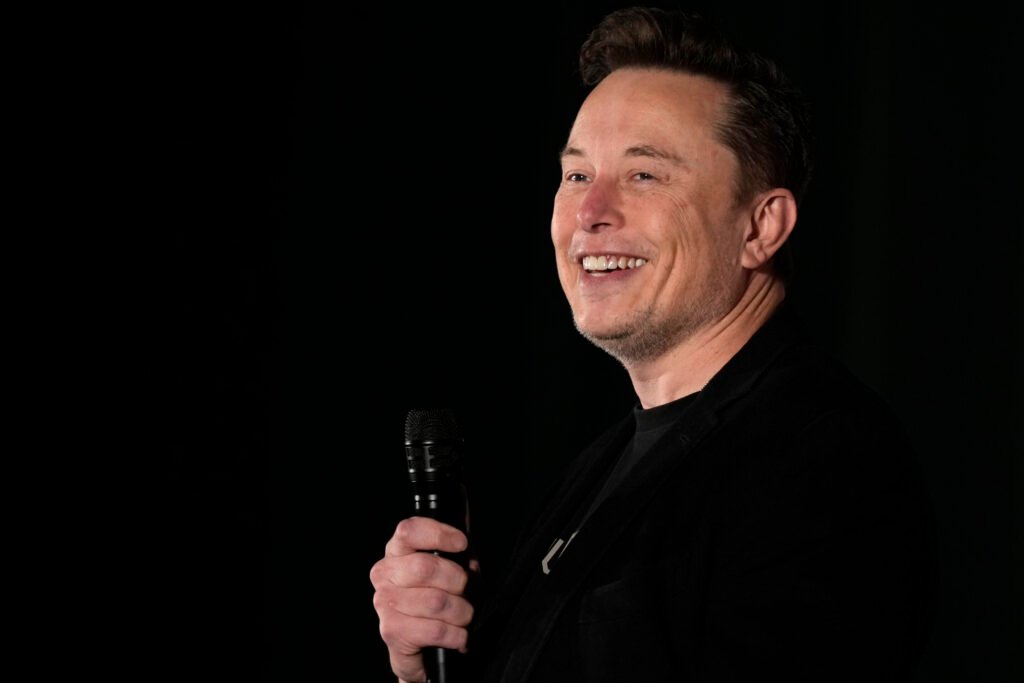Elon Musk’s Neuralink Implant Continues to Make Progress
Elon Musk recently revealed that a third person has received an implant from his brain-computer interface company Neuralink. This groundbreaking technology aims to connect the nervous system to machines, opening up a world of possibilities for individuals with various conditions.
According to Musk, all three individuals who have received Neuralink implants are doing well. The company has been continuously improving the devices since the first implant was performed about a year ago. Upgrades include more electrodes, higher bandwidth, and longer battery life. Neuralink plans to implant the experimental devices in 20 to 30 more people this year.
While details about the latest patient were not provided, updates on the previous recipients showcase the potential of the technology. The second patient, who has a spinal cord injury, was able to play video games and learn computer-aided design software with the help of the implant. Similarly, the first patient, also paralyzed due to a spinal cord injury, found assistance in playing video games and chess.
Neuralink is not the only player in the brain-computer interface field. Over 45 trials involving BCIs are currently underway, with researchers exploring ways to treat brain disorders, overcome brain injuries, and enhance various functions. Many labs have demonstrated that humans can accurately control computer cursors using BCIs.
Rajesh Rao, co-director of the Center for Neurotechnology at the University of Washington, highlighted Neuralink’s unique approach. The use of a robot to implant flexible electrode threads into the human brain for recording neural activity sets Neuralink apart. However, competitors like Synchron, Blackrock Neurotech, and Onward Medical are also making significant strides in BCI technology.
BCIs offer numerous benefits, especially for individuals with paralysis. Clinical trials will help determine the most effective approaches in utilizing this technology. While the field is still in its early stages, high-risk, high-reward endeavors like Neuralink’s are crucial for advancing medical innovation.
Regulatory bodies like the FDA play a critical role in overseeing the testing and approval of medical devices like Neuralink’s implants. Institutional review boards are also essential for ensuring the ethical conduct of research involving human subjects.
Overall, Elon Musk’s Neuralink continues to push boundaries in the realm of brain-computer interfaces. With ongoing advancements and promising results, the future looks bright for this innovative technology.
© 2025 The Associated Press. All rights reserved. This material may not be published, broadcast, rewritten, or redistributed without permission.


